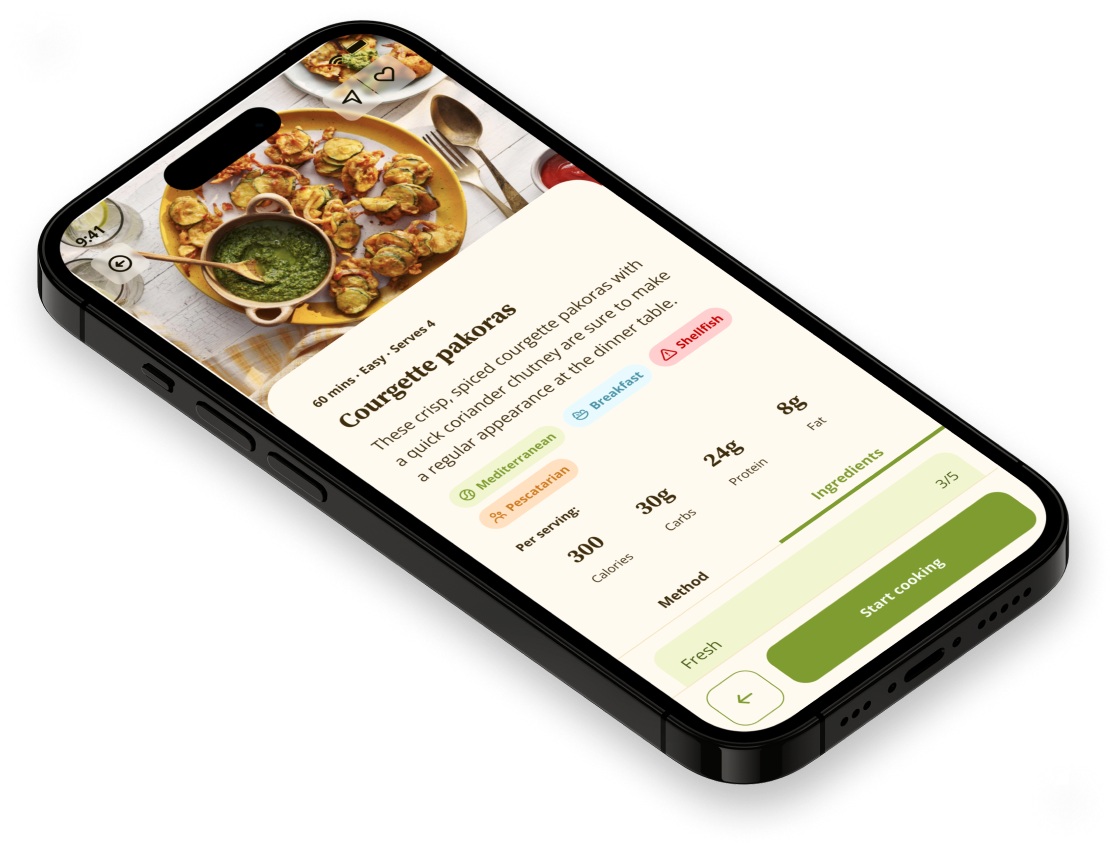Healthy eating for weight loss can be daunting for beginners, but it doesn't have to be. By making simple changes to your diet and lifestyle, you can improve your health and achieve your weight loss goals.
Unprocessed whole foods.
To start, focus on whole, unprocessed foods such as fruits, vegetables, whole grains, lean proteins, and healthy fats. These foods are packed with essential nutrients and provide the body with the fuel it needs to function properly.
Portion sizes.
Additionally, pay attention to portion sizes and limit your intake of added sugars, salt, and unhealthy fats. A good rule of thumb is to fill half of your plate with fruits and vegetables, and the other half with lean protein and whole grains.
Hydrate.
Staying hydrated is also important for weight loss. Aim to drink at least eight 8-ounce glasses of water per day, and avoid sugary drinks like soda and juice.
Plan.
Plan your meals in advance and prepare your own food as much as possible. This can help you control what goes into your meals and avoid making unhealthy choices when you're short on time.
Move.
Incorporate regular physical activity into your routine. Aim for at least 150 minutes of moderate-intensity exercise per week, or 75 minutes of vigorous-intensity exercise. This can include activities like walking, biking, swimming, and dancing.
Remember, healthy eating for weight loss is a journey, not a destination. Don't be too hard on yourself if you slip up, and celebrate your successes along the way. With effort and dedication, you can achieve your weight loss goals and improve your overall health.


